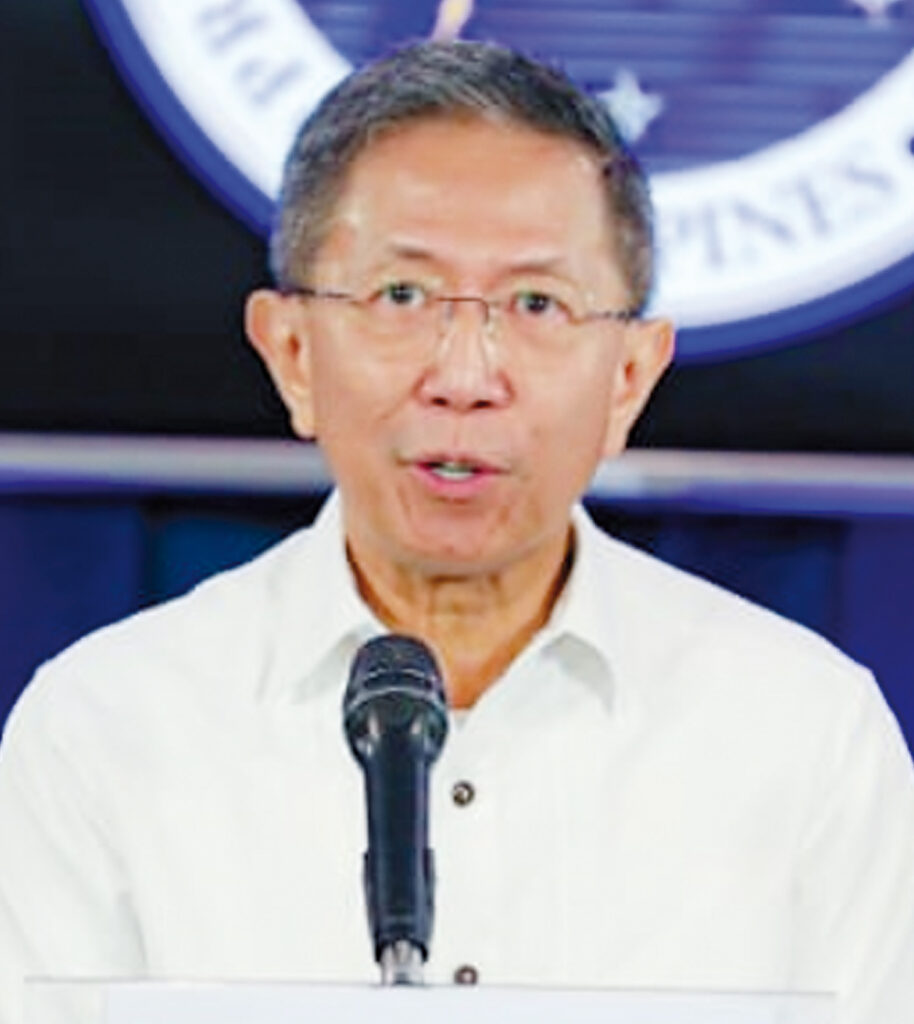
The Department of Energy (DOE) is optimistic about the prospects of the inclusion of nuclear energy in its power mix following an “encouraging assessment” from the International Atomic Energy Agency (IAEA).
“I welcome the encouraging assessment of the International Atomic Energy Agency (IAEA) following the conclusion of the follow-up Integrated Nuclear Infrastructure Review (INIR)
Mission to the Philippines held from December 2 to 6, 2024 in Manila,” said DOE Secretary Raphael Lotilla in a statement over the weekend.
Lotilla said the IAEA’s recognition of the country’s progress in addressing most of the recommendations and suggestions from the initial 2018 INIR Mission reflects the Philippine government’s commitment to developing a robust nuclear power program.
“We have made considerable advancements, including adopting a clear national position on nuclear energy through a presidential executive order, drafting a comprehensive nuclear law and strengthening our capacities in human resource development, regulatory frameworks, radiation protection, radioactive waste management and emergency preparedness and response,” Lotilla added.
The DOE said the IAEA’s review also underscores the Philippines’ commitment to adhering to global standards and best practices in nuclear infrastructure development as well as to adopt nuclear energy responsibly.
“The Department of Energy remains fully committed to working with the IAEA and all stakeholders as we continue to build a future where clean, reliable, and affordable energy powers the progress of the country and the Filipino people,” Lotilla added.
The Philippines aims to have its first nuclear power plants operational by 2032, with an initial capacity of 1,200 megawatts (MW), expanding to 2,400 MW by 2035 and reaching 4,800 MW by 2050, as outlined in the Philippine Energy Plan.
In a separate statement, the DOE said the Philippines and the United States convened the second United States-Philippines Energy Policy Dialogue (EPD) last Friday where they reinforced the shared commitment to advancing energy security, expanding access and accelerating the clean energy transition between the two countries.
DOE said the EPD builds on priorities initially re-affirmed during the visit of US vice president Kamala Harris to the Philippines in November 2022, where both countries recognized the vital role of sustainable energy partnerships in driving economic growth and addressing global climate challenges.
One of the outcomes of this year’s EPD was the finalization of the guiding document, which establishes a framework for regular and structured engagement in the energy sector, designed to facilitate meaningful collaboration and ensure the effective development and implementation of joint programs.
The EPD also underscored the critical need for access to financing, innovative technologies, and resilient infrastructure to support a just energy transition which are deemed essential to ensuring that the shift to cleaner energy is equitable, affordable and inclusive.





